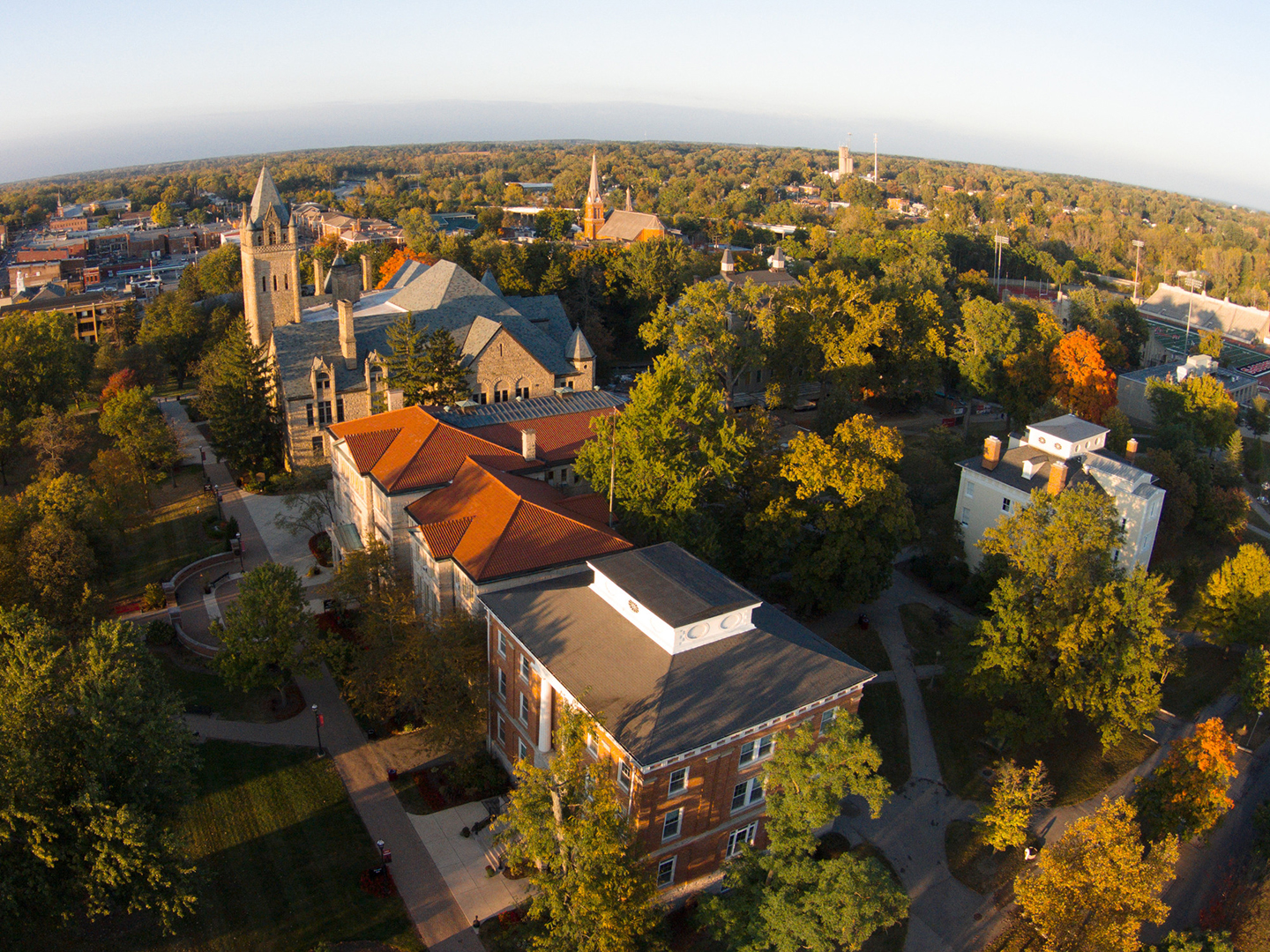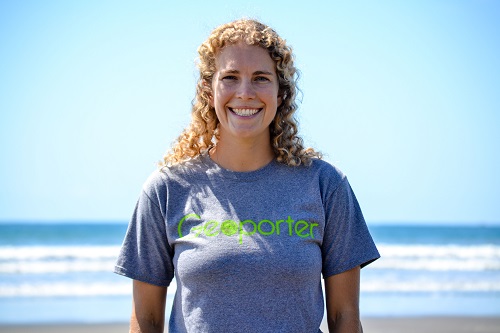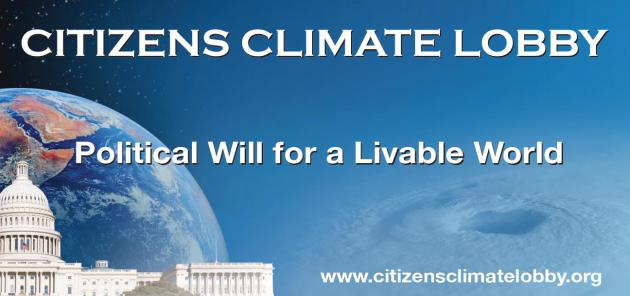Established and ongoing efforts in environment and sustainability by Ohio Wesleyan students, staff and faculty and off-campus collaborators active during the 2016-17 academic year.
A PDF of this document is available here.

OWU Sustainability Plan: As a liberal arts institution, Ohio Wesleyan University must be a leader in progressive sustainability initiatives through educational, technical, and social means. The proposed Ohio Wesleyan Sustainability Plan (click for PDF) is intended to invigorate and expand a culture of sustainability that has a positive impact on the environment. Draft of the OWU Sustainability Plan, created by faculty, staff and students, is complete and being revised and vetted. Students in our Sustainability Practicum are currently arranging to move the proposed plan through OWU’s administrative network during the spring of 2017.

May Move Out: A student-initiated project in collaboration with Goodwill, to defer usable materials from the trash as students move off campus in May. We defer 10 tons of reusable furniture, appliances, clothes, bikes, etc. on average, each May. Students are currently meeting with OWU’s Buildings & Grounds and Residential Life staff to plan for and promote the 2017 May Move Out. Ohio Wesleyan’s May Move Out program was awarded the 2015 Recycling Award from the Keep Delaware County Beautiful Coalition.
Reusable Food Containers in Hamilton Williams Campus Center: A student project initiated in the Fall of 2015 is being expanded during the spring of 2017. A new dishwasher was installed in our campus center in part to provide adequate washing of the containers. Students and campus food service staff are working to improve and expand the program during the Spring of 2017.
Environmental Science Major: A proposal for an Environmental Science major (in addition to our 39 year old Environmental Studies major) will be brought before OWU committees and faculty for consideration and approval during the Spring of 2017.
Environmental Studies Minor in Food Studies: A Food Studies Minor (developed from the Food Course Connection) is in place (a collaboration between Health and Human Kinetics [HHK] and Environmental Studies). Two more minors, Sustainability and Climate Science are being developed.
Living Green Infrastructure Proposal: Students and staff are working on a proposal for a Living Green residence hall option. 1) Develop structural sustainability. 2) Allow students to live more sustainably by reducing their water, energy, and material waste. 3) Include workshop/classroom area for sustainable learning (repair, self-production). 4) Trained RA’s to be sustainable life assistants.
Delaware Foodshed Farm and Food Collaboration: Building on the Food Studies Minor and student interest in gardens, farming and food, OWU faculty in Environmental Studies and HHK are developing a collaboration between Stratford Ecological Center farms and the Methodist School of Ohio farms. Initial efforts will focus on student internships and engagement of OWU in a regional food network. With financial support for staff (donations or grants) campus gardens will be developed. Efforts will focus on the practice of ecologically sound farming, food production, regional food networks and social outreach (building on the existing Cooking Matters Program, organized by Dr. Chris Fink) to engage students and community members in growing food.
Environmental and Sustainability Internships: Eight to ten internships are being offered on a regular basis at Stratford Ecological Center and the City of Delaware. Foci include environmental education, marketing, farming, and sustainability. Additional internships will be available at the Seminary Hill Farm (Methodist Theological School of Ohio) Fall 2017.
Global Environmental Change Collaboration & Travel Learning Course: OWU collaboration with Amy Work (OWU ‘04) and her organization GeoPorter in Bahia Ballena-Uvita, Costa Rica. Learning and using environmental assessment methods in Delaware, Ohio (Fall 2017) and during a travel learning course trip (Dr. Nathan Amador’s Geography 347) to coastal Costa Rica (January 2018). Goal: to understand how local environmental data is collected and relates to regional and global climate and environmental change.
Chimney Swift Towers: A collaboration between students and OWU Alumni Dick Tuttle (OWU 1973) to build a chimney swift tower on the residential side of campus. Plans have been drawn up and cost estimates provided by a contractor. Funds will be provided by Tuttle. We anticipate construction during the spring or summer of 2017 pending approval from B&G and OWU’s Administration.
Campus Wildlife Habitat Enhancements: Student efforts continue to install and maintain bird houses, feeders and solitary bee houses on campus.
Green Week 2017: Building on a successful week of events in 2016, students are organizing another week of events for the spring of 2017 (the week prior to Earth Day).
Delaware Run Assessment and Restoration: Ongoing project focused on restoring Delaware Run between Sandusky St. and Henry St. Emerging collaboration with stream restoration specialists who propose restoration of the stream and adjacent riparian zone in return for state of Ohio stream credits. Currently waiting on the establishment of an official Ohio stream banking and credit procedure.
Bottled Water Sales Reduction: Student-led efforts to drive down bottled water purchases on campus, including the installation of hydration stations and promotion of reusable water bottles. Bottled water sales have dropped significantly in the last three years. We continue to install hydration stations (filtered water) at key locations as an alternative to bottled water.









